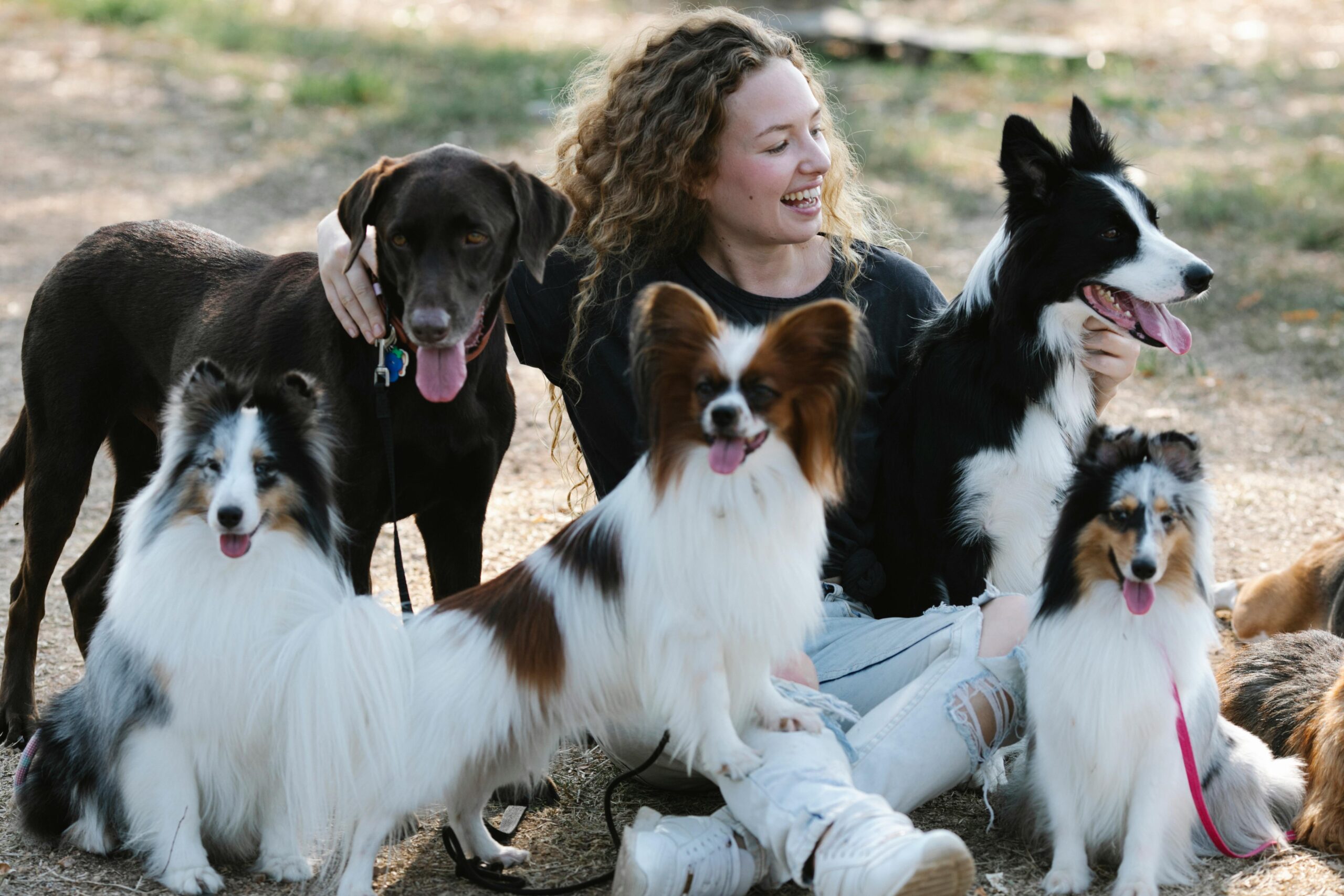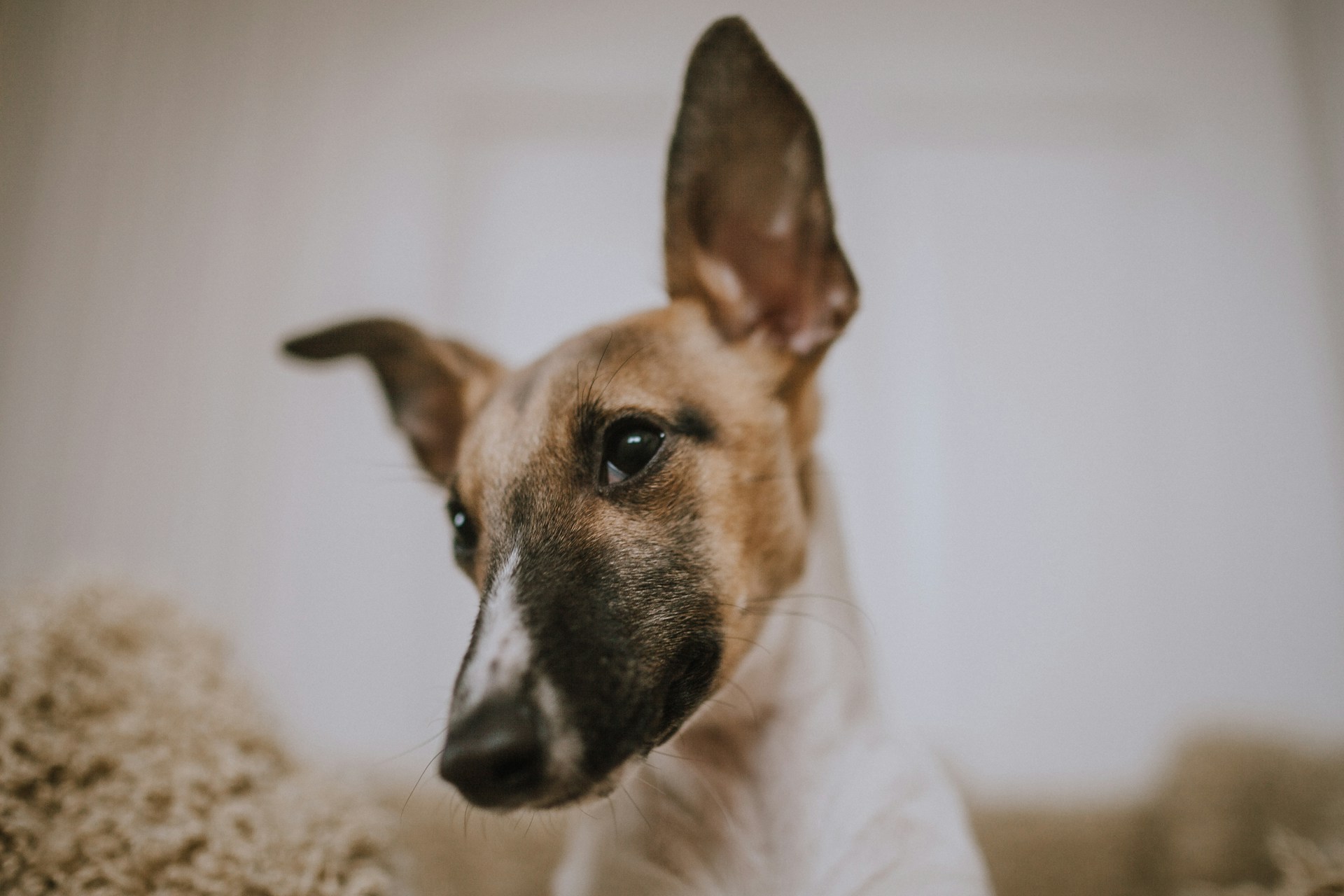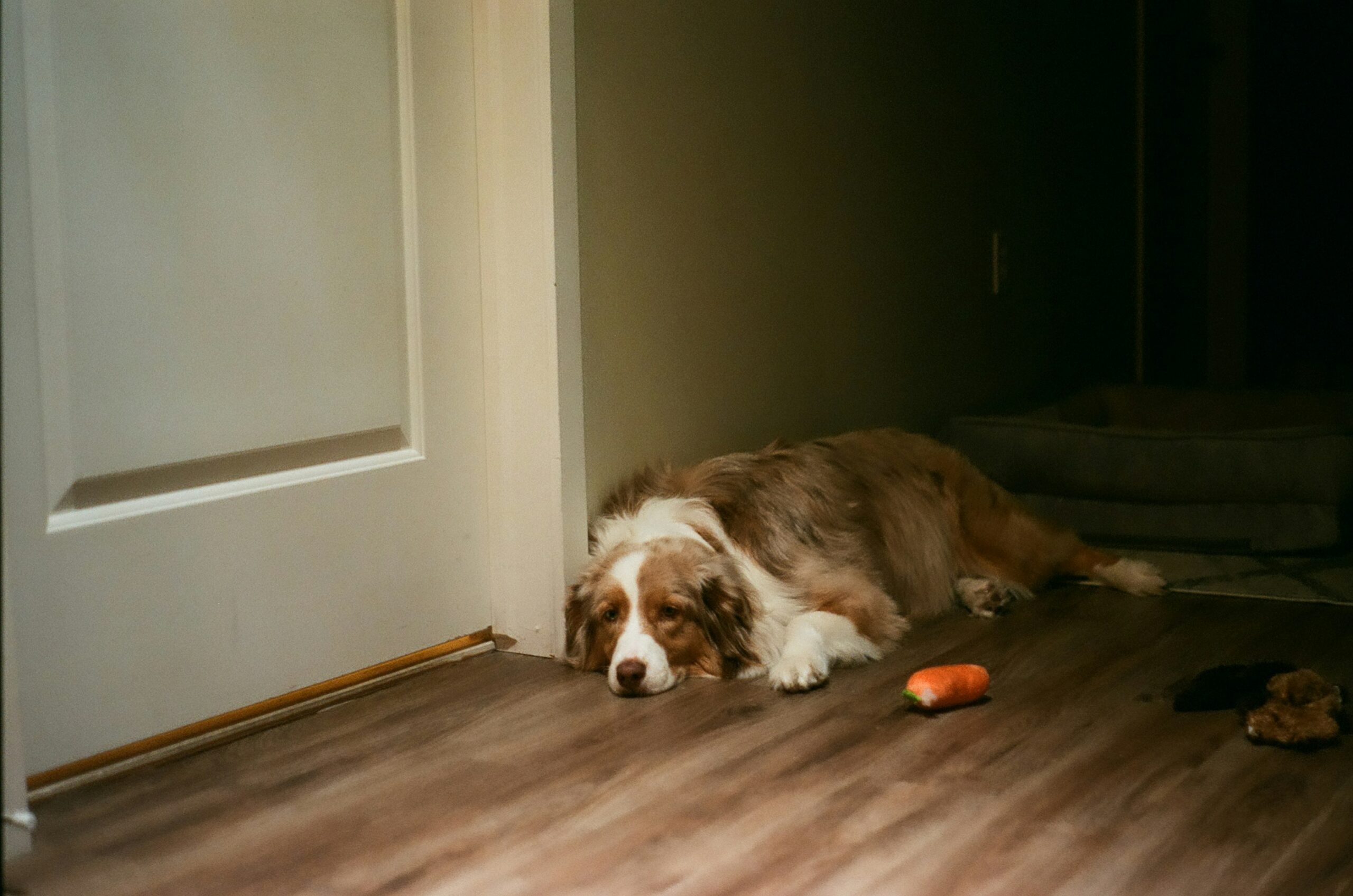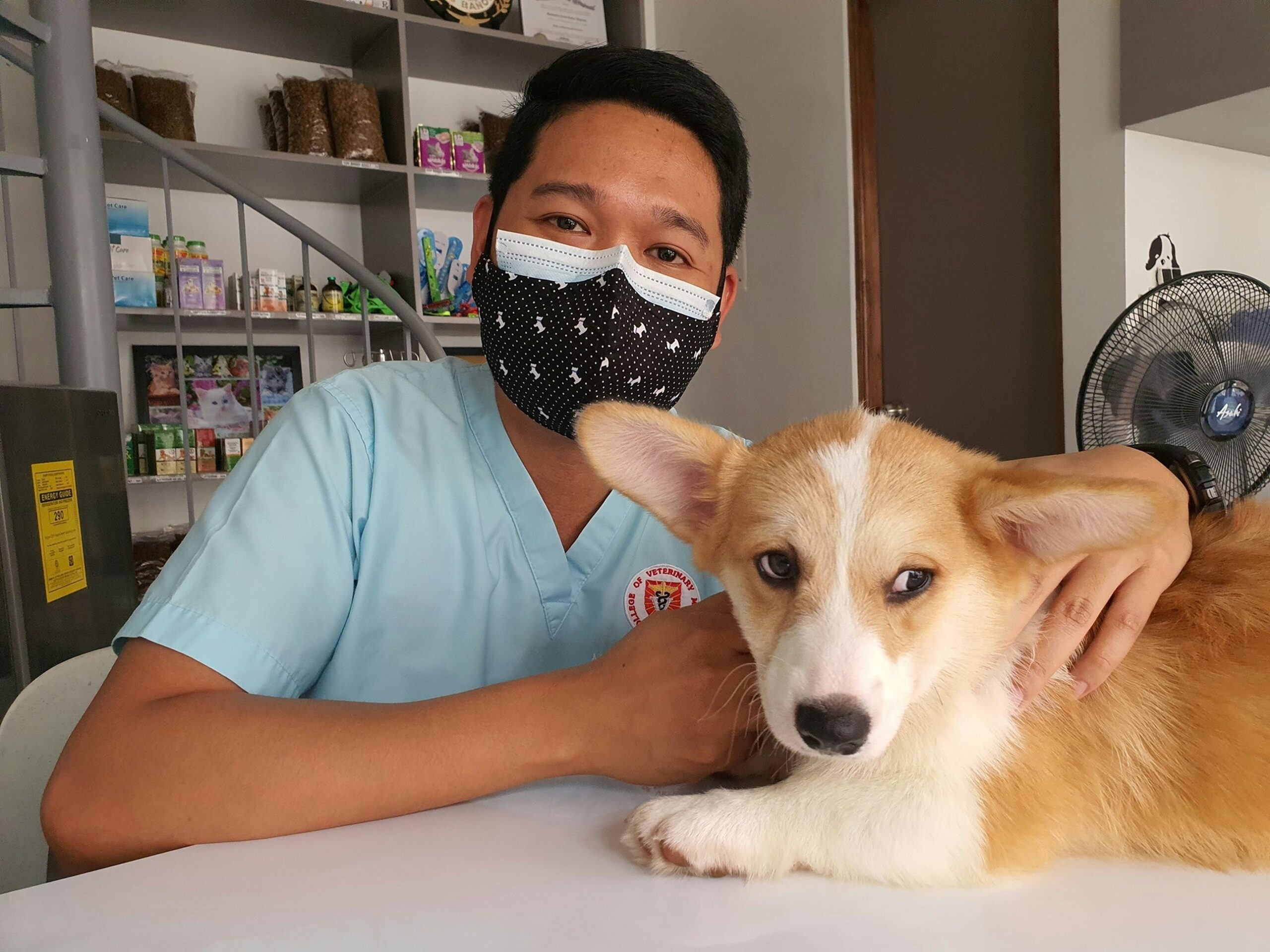Cats are naturally curious creatures, and many pet owners are tempted to share their meals with their feline friends. However, what may seem harmless to humans can be dangerous—or even fatal—to cats. Certain foods contain toxins that can cause severe health issues, from digestive problems to organ failure. Even small amounts of some foods can lead to serious complications. Understanding which foods are harmful to cats is essential for keeping them safe and healthy.
Common Foods That Are Poisonous to Cats
1. Chocolate and Caffeine
Chocolate and caffeine contain substances called theobromine and caffeine, both of which are highly toxic to cats. Ingesting even a small amount can lead to restlessness, rapid breathing, increased heart rate, tremors, seizures, and, in severe cases, death. Dark chocolate and baking chocolate pose the highest risk due to their higher theobromine content.
2. Onions, Garlic, and Chives
All members of the allium family—including onions, garlic, leeks, and chives—are toxic to cats. These foods can cause oxidative damage to red blood cells, leading to anemia. Symptoms of poisoning may not appear immediately but can include lethargy, weakness, pale gums, and an increased heart rate. Whether raw, cooked, powdered, or in processed foods, these ingredients should always be kept away from cats.
3. Grapes and Raisins
Grapes and raisins are highly toxic to cats and can cause sudden kidney failure. Even small amounts have been known to trigger severe reactions, including vomiting, lethargy, loss of appetite, and dehydration. Since the exact toxic compound is unknown, it’s best to keep all grape-based products out of reach.
4. Dairy Products
While many people associate cats with drinking milk, most adult cats are lactose intolerant. Dairy products such as milk, cheese, and yogurt can cause digestive upset, including diarrhea and vomiting. Instead of cow’s milk, provide fresh water or lactose-free alternatives designed specifically for cats.
5. Alcohol and Raw Dough
Even a small sip of alcohol can be dangerous for cats, leading to intoxication, disorientation, difficulty breathing, and potentially coma or death. Similarly, raw dough containing yeast can expand in a cat’s stomach, causing painful bloating and digestive blockages. The fermentation process also produces alcohol, further increasing toxicity risks.
6. Raw Meat, Eggs, and Fish
While cats are obligate carnivores, feeding them raw meat, eggs, or fish comes with risks. Raw foods can harbor harmful bacteria like Salmonella and E. coli, leading to severe gastrointestinal infections. Additionally, raw fish contains an enzyme that destroys thiamine, a vital B vitamin. A deficiency in thiamine can cause neurological problems, including tremors and seizures.
7. Xylitol (Artificial Sweetener)
Xylitol, a common sugar substitute found in sugar-free gum, candy, and baked goods, is extremely dangerous to cats. While its effects are more well-documented in dogs, xylitol can also cause a rapid drop in blood sugar in cats, leading to weakness, tremors, seizures, and even liver failure.
8. Bones and Fat Trimmings
Feeding cats bones and fatty leftovers from human meals can be harmful. Cooked bones can splinter, causing internal injuries or blockages. Excessive fat consumption can lead to pancreatitis, a painful and potentially life-threatening condition. Stick to high-quality cat food to ensure your pet gets the nutrients they need.
Signs of Food Poisoning in Cats
Recognizing the symptoms of food poisoning early can be the difference between life and death for your cat. If your feline has ingested a toxic food, you may notice:
- Vomiting or diarrhea
- Excessive drooling
- Loss of appetite
- Lethargy or weakness
- Tremors or seizures
- Difficulty breathing
- Jaundice (yellowing of the skin and gums)
- Increased thirst or urination (a sign of kidney failure)
Symptoms can appear within minutes to hours, depending on the food and the amount ingested. If you observe any of these signs, immediate action is necessary.
What to Do If Your Cat Eats a Toxic Food
If you suspect your cat has consumed something poisonous, follow these steps:
- Contact Your Veterinarian Immediately – Even if your cat isn’t showing symptoms, call your vet or an emergency animal poison hotline. Quick intervention can prevent severe complications.
- Do Not Induce Vomiting – Unlike dogs, cats have a more delicate system, and inducing vomiting without a vet’s guidance can worsen the situation.
- Take Note of What Your Cat Ate – If possible, record the type and amount of food consumed. This information will help your veterinarian determine the best course of action.
- Monitor for Symptoms – If your vet advises home monitoring, keep a close eye on your cat and watch for any signs of distress.
Safe Alternatives and Preventative Measures
While many human foods are dangerous for cats, some are safe in moderation:
- Cooked, unseasoned chicken or turkey – A great source of protein without harmful additives.
- Plain pumpkin – A good fiber source that aids digestion.
- Blueberries and bananas – Occasionally safe as small treats.
- Carrots or green beans – Healthy, low-calorie snacks for cats that enjoy vegetables.
To prevent accidental poisoning:
- Store all human food securely.
- Avoid feeding your cat from your plate.
- Inform family members and guests about toxic foods.
Conclusion
Cats may be curious eaters, but their digestive systems are sensitive to many common foods. Even small amounts of certain foods can cause severe illness or long-term health problems. As a responsible pet owner, knowing which foods are toxic and taking preventive measures can help keep your feline friend safe. If your cat ever ingests something harmful, don’t wait—seek veterinary care immediately.






